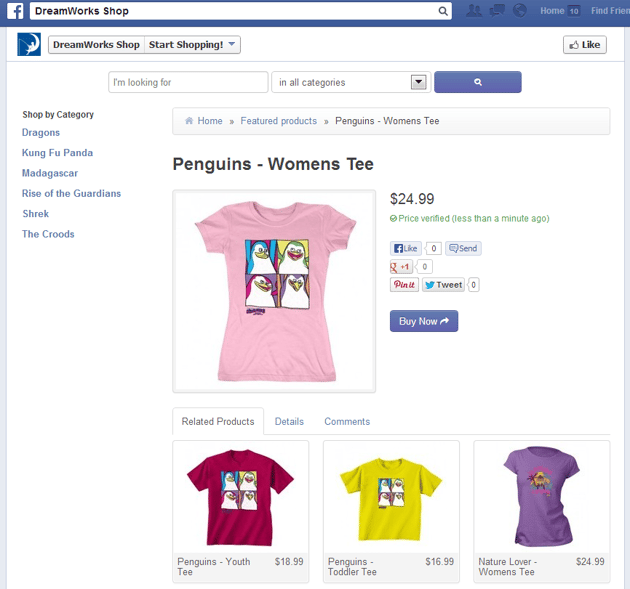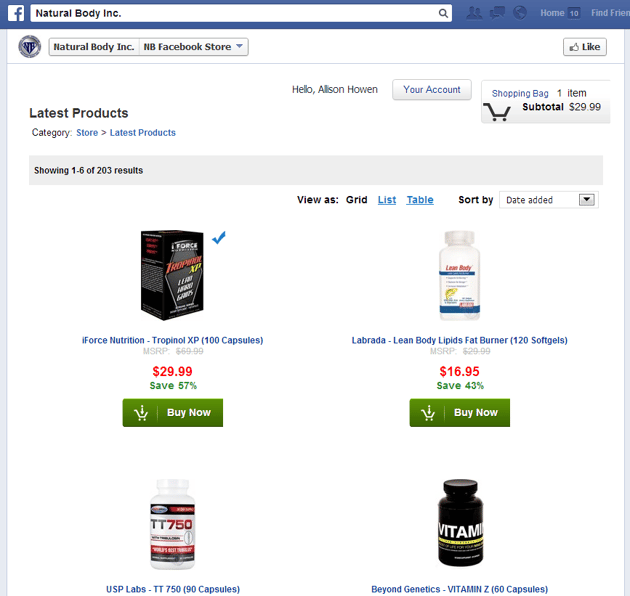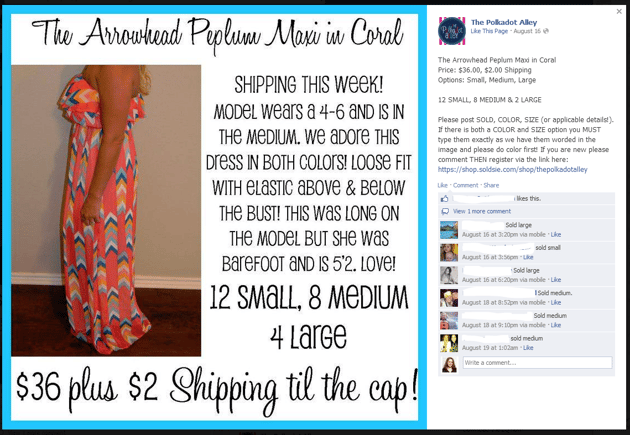3 F-Commerce Solutions to Like

By now, most brands have Facebook presences, but not all retailers know they can extend their digital stores to the popular social network. Maybe they should take a closer look. After all, Facebook does offer an audience base of more than 1 billion monthly active users.
Plus, with all of the time and effort companies put into social media already, launching a Facebook store could help them actually earn a return on investment from the social network. Keep in mind, however, that "F-commerce" stores won't be main revenue drivers for most brands, but they can be expected to boost visibility, conversion rates and customer satisfaction, as it is a hyper-convenient feature for a brand's social butterflies.
Before diving head first into F-commerce, make sure to do platform research, so you can choose the best solution for your business and its goals. Start by checking out three likeable F-commerce solutions below:
1. Wishpond
Feature we like: Social Sharing on Product Pages
Example brand: DreamWorks Shop
Wishpond's Facebook Store App enables merchants to import products from any ecommerce website to their F-commerce store automatically, and the solution updates inventory changes on a daily basis. Moreover, Wishpond's F-commerce stores provide consumers with full product detail pages for each item and allows them to leave comments (user-generated reviews) on items. The stores even feature built-in social plug-ins that allows consumers to share products to Pinterest, Twitter and Google+ directly from the Facebook product page.

2. Ecwid
Feature we like: Instant Store Syncing
Example brand: Natural Body Inc.
Ecwid boasts that merchants who expand their ecommerce store to Facebook see a 15 percent increase in revenue on average. Ecwid's plan is completely free, supports a variety of payment methods and updates instantly when changes are made to the main store. What is most impressive, however, is that purchases made through Ecwid Facebook stores don't reroute consumers to a different website - meaning that the entire purchase can be made without leaving Facebook.

3. Soldsie
Feature we like: Comment Selling
Example brand: The Polkadot Alley
Merchants can monetize their Facebook pages directly from the comment section, thanks to Soldsie. Instead of having a store with inventory attached to their Facebook page, merchants simply post product images in their status updates complete with inventory options (quantity, sizes, colors, etc.) in order to start the selling process. Fans simply need to write "Sold" in the status's comment section to make a purchase. Then, Soldsie sends fans an email invoice that directs them to complete the checkout from the Soldsie app on the merchant's Facebook page. In addition, Soldsie works on mobile devices and offers automatic invoices, payment reminders, inventory management, waitlists and customer communications features.

These are far from the only F-commerce solutions on the Web. In fact, many shopping cart platforms, such as BigCommerce, ShopVisible and Shopify, provide social commerce offerings, too. Let us know what your favorite F-commerce platform is in the Comments Section below.







